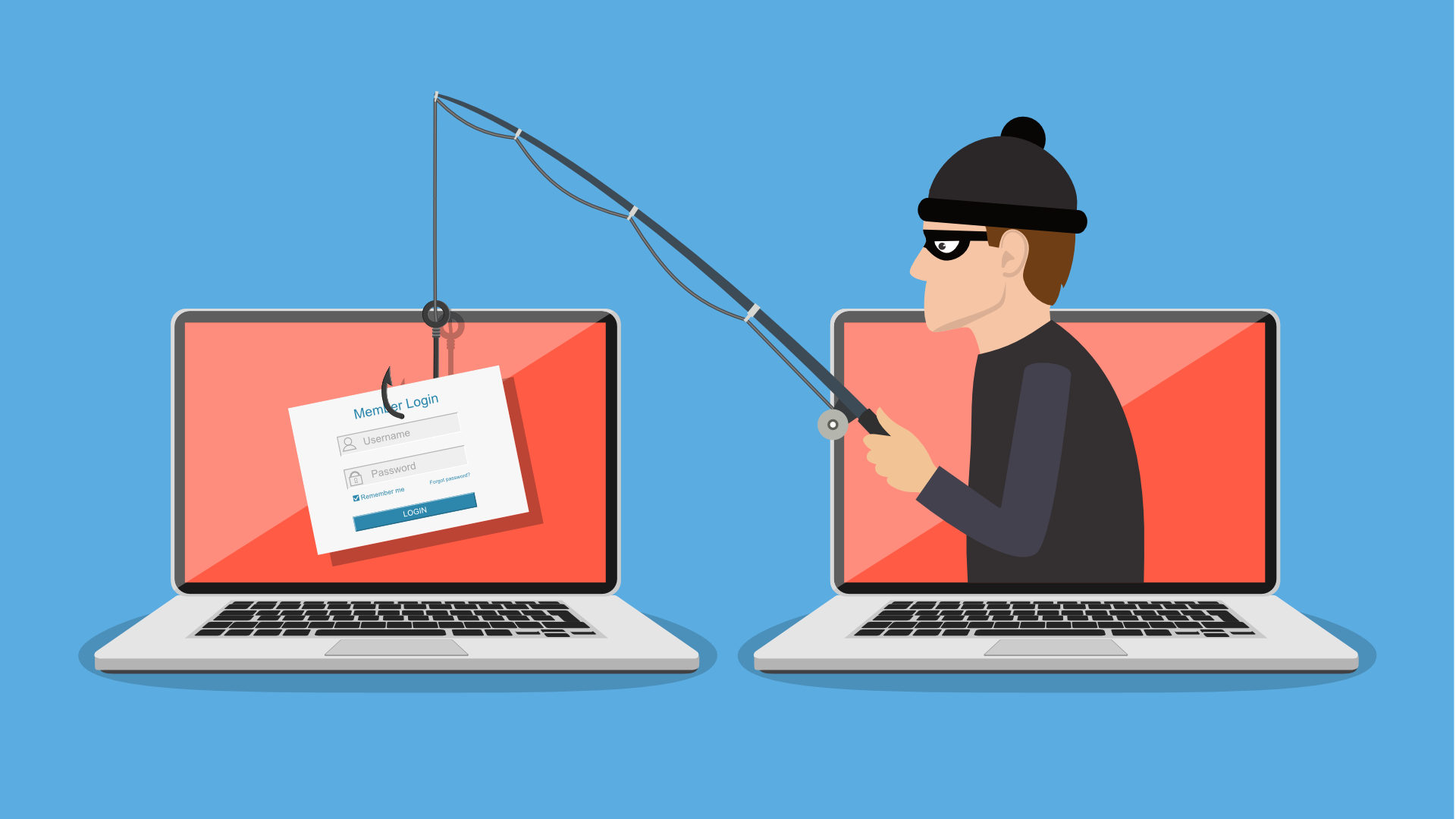The world evolves in every aspect, even in the digital world and consequently on the web: there are constantly dangers that threaten to steal personal data and even worse, so here are some rules to follow on how to navigate safely online
Very often you will have happened to surf the web, enter a site and have suspicions. At least once you will have asked yourself “but will this site be safe?“, maybe you thought you had come across a scam or worse, a data theft. Fortunately nowadays there are cybersecurity companies that do just that IT security. But cybersecurity cannot always protect us and above all it cannot do so from every danger encountered on the web. For this reason it is good to keep in mind the rules that protect us and allow us to browse the web in a completely safe way. Here are the rules to follow:

Update your antivirus | How to navigate safely online
The first rule to keep in mind, of fundamental importance, is that of periodically update your antivirus program if you are browsing from a computer. Be careful though, the antivirus program it does not guarantee your security on the web, but it will certainly help you recognize potential threats you will encounter when browsing the web. Provided, however, that you keep the program updated, so that you can recognize even the most recent threats. If, however, you are browsing from a smartphone, the importance of the update also concerns the operating system and downloaded applications. With an updated antivirus program, the risk of getting a virus is greatly reduced.

Choose a strong password | How to navigate safely online
When you need to choose a password, choose a specific one. Absolutely do not throw words or numbers at random, creating very simple passwords like 1234 o 0000, much less can you enter your date of birth, your nickname, your name, the name of your child or your pet. These are all choices that bad actors can quickly discover and access your data. It doesn’t take much and they take over your account with lots of credit card, postal address and other personal data. Therefore, choose a password that is as complex as possible. A good password must have these characteristics:
- Uniqueone for each account.
- Hardly intelligible.
- Consisting of at least 15 characters.
- Mix in numbers, letters e Special characters.

Beware of phishing | How to navigate safely online
The web is full of scams! Always remain alert, the phishing he is always ready to attack. These are real deceptions, such as WhatsApp messages, sms, or e-mails, where the bad guys pretend to be people you know or entities with which you have contracts or subscriptions and will ask you to click on a link. They look very credible, that’s why you need to pay close attention and never click on the links, nor reply to messages, because they are real deceptions. If they insist, call the Postal Police immediately. The aim of these scammers is to access your personal data, obtain confidential information and access your home banking. Don’t believe these messages, be wary and above all don’t give away your data lightly.

Don’t download unsafe programs | How to navigate safely online
When you surf the web and enter a site, your browser often warns you that the site is not secure. This alone should help you understand that the site is not reliable and that you should not download any programs. Google Chrome It is equipped with a tool for reporting unsafe sites. The possibility of encountering a virus or a dangerous site will be reported to you with the writing “the site you are about to visit contains malware” or again “the connection is not private“, this means that you are easily exposed to data theft. The important thing is that you never download anything from these sites and exit immediately.

Protect personal data | How to navigate safely online
A final warning that we want to give you is that of Don’t share everything about your life online. A photo, a story, every aspect of your life could be the perfect prey for online attackers. Nowadays, in fact, with the various technologies that exist, but above all with theartificial intelligence, they can even steal your face and make it look like you committed a crime or something very naughty by taking your face and putting it in place of the offending person in the video. Not to mention the forms where you leave yours telephone number, pay particular attention to this too and don’t leave it anywhere. The key word when surfing the web is Attentionbecause safety it is not guaranteed, with no antivirus. You have to be the one paying attention.

Protect your children
Finally, a very important and above all very current aspect is the access they have to the internet the children. Even if over time society becomes much more digital and technological, if you really want your children to use smartphones, tablets or other devices to entertain themselves, perhaps with videos on YouTube, activate navigation filters, parental controlsbut most of all, teach your children how to use the internet. All these factors could protect you and your little ones from bad guys who are just waiting for the right victim.
We hope we have helped you with this guide. Remember, lend the maximum attention when you surf the internet and keep in mind all these rules we have listed:
- Update l’antivirus.
- Choose one secure password.
- Pay attention to the phishing.
- Don’t download unsafe programs.
- Don’t share yours personal data.
Another safe way to surf online is to use a good one VPN, which allows you to connect as if you were in another place and access other services that are not available in your country. One of the best VPNs is Surfshark, which you can find by clicking here. We’ve also written a guide to the best VPNs in case you’re interested! Continue to follow us on techgameworld.com for other guides and news from the world of the web and much more.
















Leave a Reply
View Comments